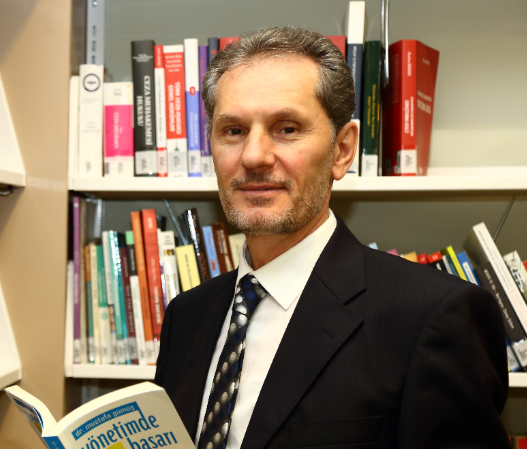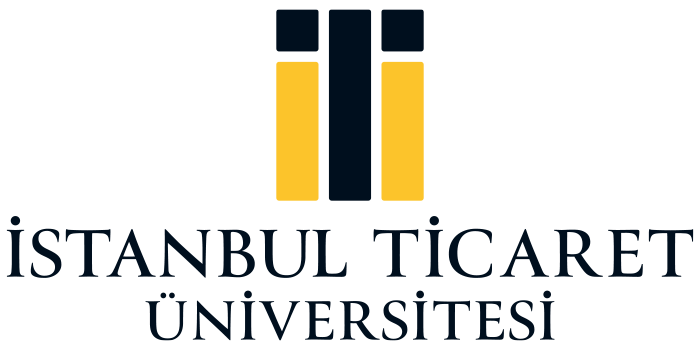
Dear Students,
Logistics Management is a 4-year undergraduate program. The language of instruction is Turkish.
The aim of universities is to educate young people according to the age requirements and equip them with different and superior qualifications. The department focuses on the students’ acquisition of the knowledge, skills and competencies that the logistics industry is looking for. The department’s main purpose is to train qualified human resources who can manage the processes and activities of both logistics enterprises and logistics departments in other enterprises.
Logistics is the process of transporting raw materials, products and materials from one point to another, storing them and delivering them to the end-user to sustain life. “Logistics businesses” or “logistics departments” of other businesses function similar to the blood circulation in the body. Thanks to the circulation, transfer and supply functions, the goods and services necessary for life are produced in factories and offered for people’s consumption. A world without logistics is unimaginable. Logisticians transport goods and products using land, air and sea transport globally, temporarily storing them, transporting them from large warehouses to small warehouses, factories, wholesalers and retailers. They make short and long term transportation contracts. Their interests and range of viewing are the whole world. With the liberalization of international trade, logistics has emerged as a growing and complex sector. The need for professionals and managers who will perform the large and continuous supply-transport function has increased. New professionals and managers nowadays perform their duties primarily in digital environments.
It is the process of delivering specific resources, whose characteristics are clearly defined, to the desired location, at the desired quality, on time and at an affordable cost. In this process, versatile relationship building, time planning, heavy communication traffic, product and document control, monitoring, cost research and human resources management are involved. Young people who graduate from the department become “process leaders” who manage and organize the supply chain.
The curriculum of the department has taken into account the issue of gaining business life skills as well as modern theoretical knowledge. Graduates adapt without difficulty when they enter business life through the internships they perform during the education process. They gain the ability to manage logistics operations through the Advisory Board meetings, conferences, workplace trainings, and vocational seminars held during the education process.
Department students also have some particular advantages. In accordance with the protocol signed by the university and the KOSGEB, if they are successful in the “Entrepreneurship and Project Design” course in the curriculum, they are considered to have “KOSGEB Entrepreneurship Training”. Thus, they will have the opportunity to benefit from governmental incentives and supports in the businesses they will establish in the future. Another advantage is that they can have the Dangerous Goods Carrier Authorization Certificate. Students who take the relevant course and successfully complete it start their profession one step ahead of their competitors by having the certificate. Techno-Logistics Application and Research Center within the department is another opportunity that students can take a role in and use to improve themselves.
Graduates who want to continue their lives in the academic field or have a high-level career opportunity related to the profession can continue to the Logistics Management Master Program if they prefer.
Logistics Management students organize among themselves and participate in various club activities called “Logistics Society”. In this context, they invite people in business who have proven themselves in the business market to the university and have them give lectures, organize workplace trips, and take roles and responsibilities with social responsibility organizations.
In the fourth and sixth semesters, a 20-day summer internship is mandatory in the department. In addition, there is a 90-day Workplace Training application for students who prefer. These students spend their eighth-semester education working in the logistics sector. The university makes insurance within the scope of SGK. Workplace training is carried out within the framework of protocols made with the industry’s leading logistics organizations. The beautiful aspect of this application is that the students doing Workplace Training can find a job and be employed before they graduate.
Graduates of the department can work in land, air and sea transport enterprises, warehouses and entrepots, customs enterprises, specialized import and export companies. In addition, they can find jobs in the purchasing, supply and distribution units of businesses operating in the manufacturing and service sector. They work as “experts” in the aforementioned institutions and organizations, gaining seniority over time and move to “management” positions.
Prof. Dr. Yahya Fidan
- Faculty of Business
- Faculty of Law
- Faculty of Engineering
- Faculty of Humanities and Social Sciences
- Faculty of Architecture and Design
- Faculty of Communication
- Graduate School Of Finance
- Foreign Trade
- Natural And Applied Sciences
- Communication Science and Internet
- Social Sciences
